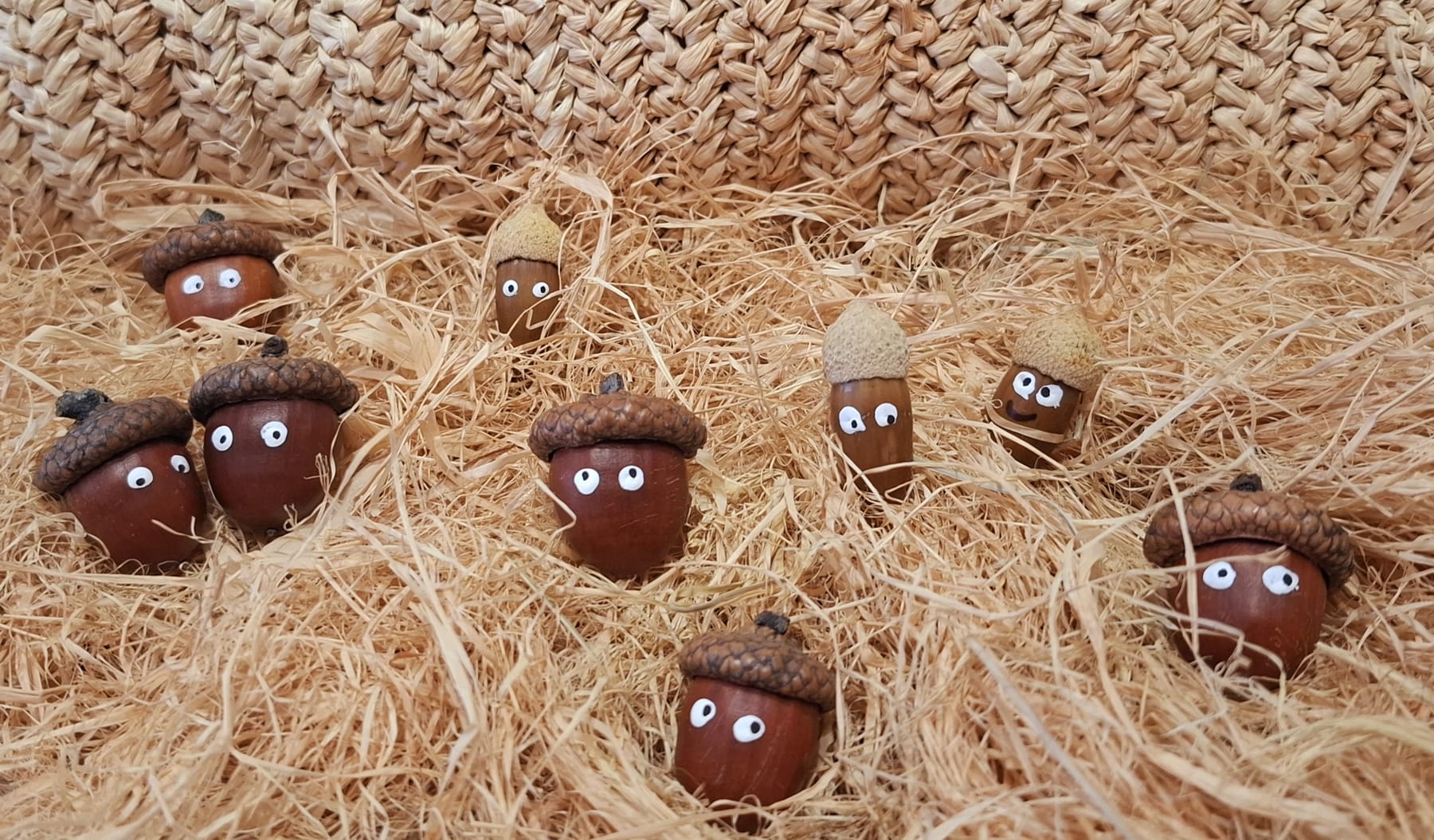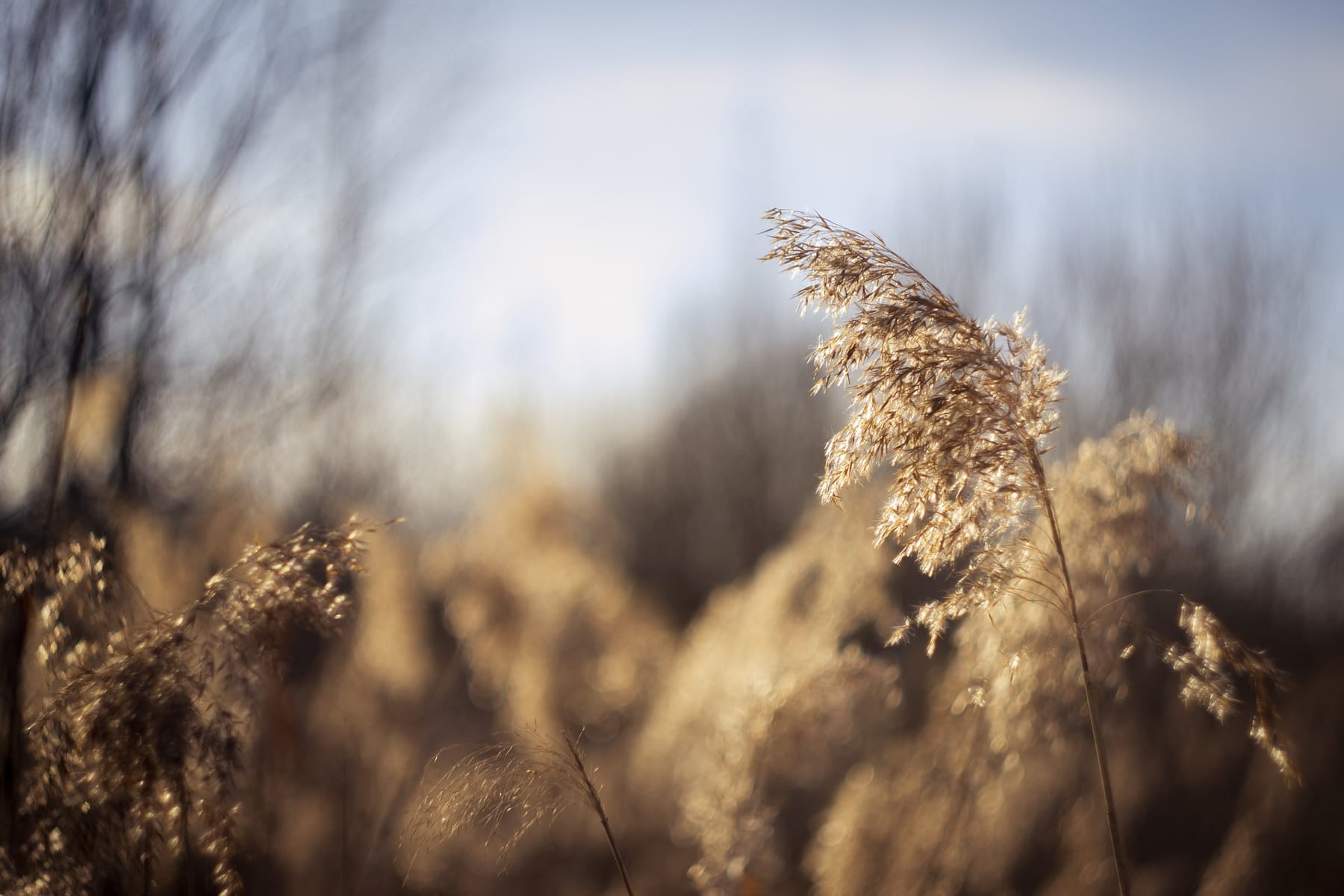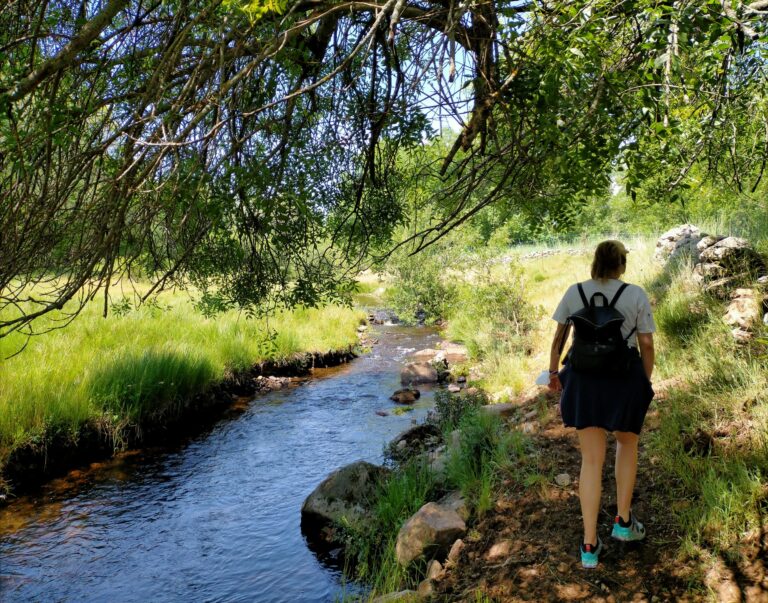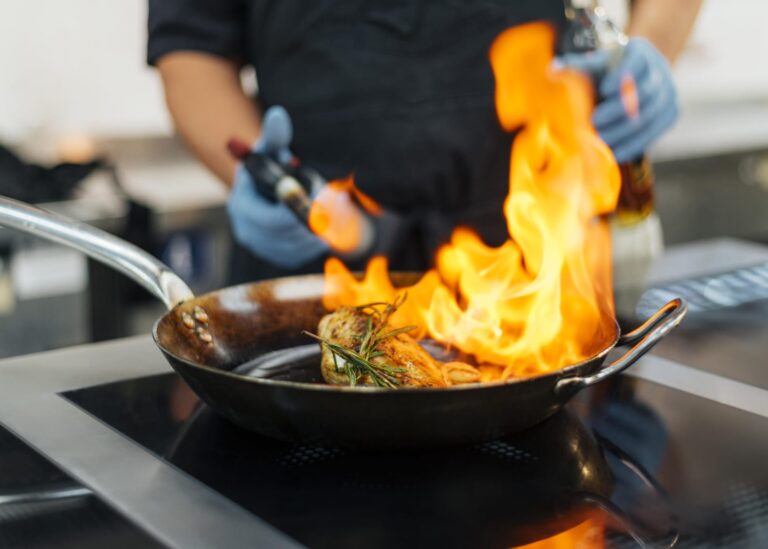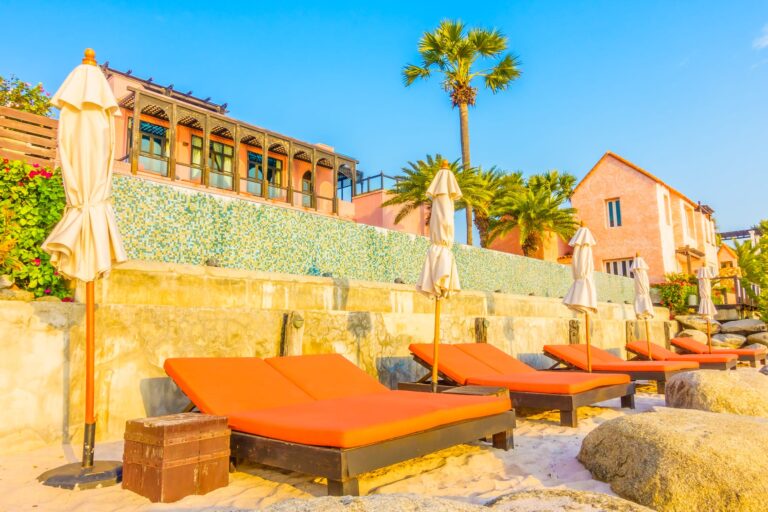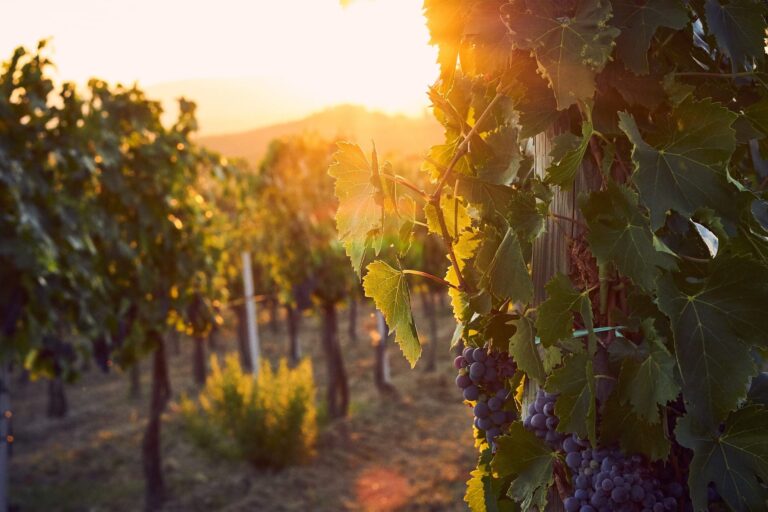the rural
Let's embark on a different journey. For months now, the routine in the city has kept us trapped between the noise of cars, endless meetings, and the constant feeling that something is missing. Someone has told us about a small town nestled between mountains, where the hours seem to pass more slowly, as if time were in tune with the heartbeat of nature. We pack a small suitcase and leave.
When we arrive, we notice the silence. Not the empty kind of silence, but one full of life: the rustling of the trees, the distant crowing of a rooster, and the murmur of a nearby river. The town, with its stone houses and reddish tile roofs, seems straight out of a fairy tale. The inhabitants welcome us with a genuine smile, the kind that only people who are at peace with their environment offer.
We stay in a house run by an older couple. During dinner, they serve us a steaming stew made with fresh ingredients from the garden. As we savor each bite, we listen to the stories they tell us: how the village's ancestors had built those cobbled paths, the mountain legends, and how, in recent years, tourism has begun to change their lives.
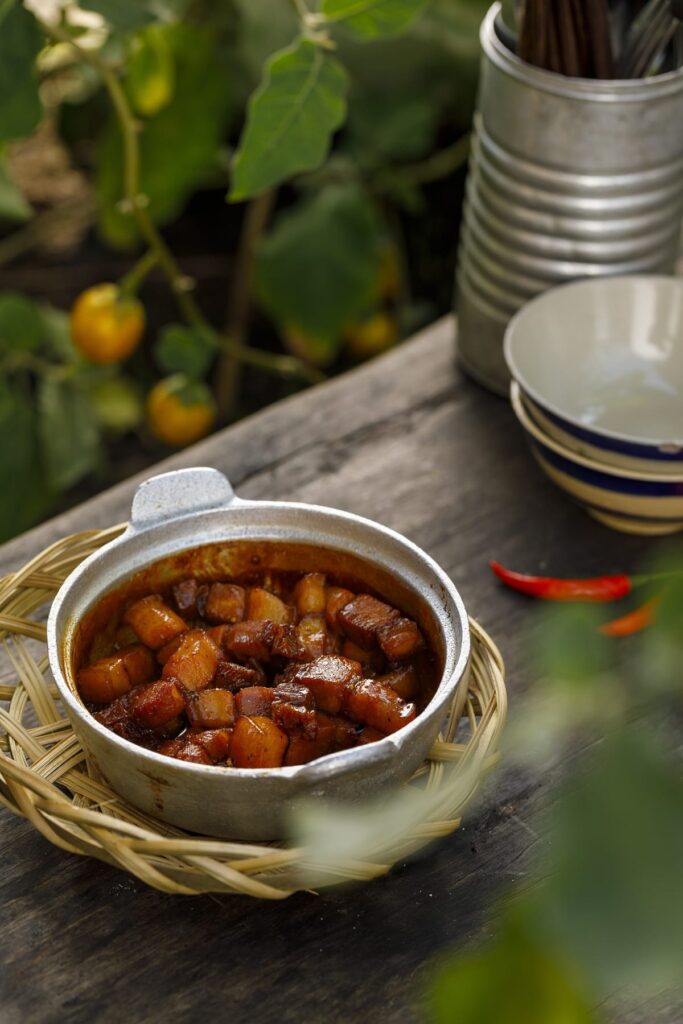
They tell us that at first, it was difficult, that they didn't know how to welcome the strangers or what to offer them, but then they realized that what people came to look for wasn't something they had to create; it was already there: their stories, their traditions, the landscape they take care of with so much effort...
The next morning, we take a tour of the nearby landscapes. The guide is a young woman from the village, who passionately explains each plant she finds along the way. She says that everything here has a purpose, while showing us a flower that, according to local tradition, cures the ailments of the soul. She emphasizes that this is what rural tourism means to them: showing others how they live with their land without damaging it.
The walk ends at a spectacular viewpoint. From here, we can see miles of green forests that stretch out like an endless blanket. We now understand why so many people are swapping tourist-packed beaches for these almost forgotten corners. There is no rush here, just an invitation to breathe deeply and let yourself be enveloped by serenity.
The following days we participate in craft workshops, learn to make bread in a wood-burning oven, and help a local farmer pick tomatoes under the midday sun. Each experience connects us more with a reality that was unattainable in the city: that of living with the essentials and valuing the simple.
However, not everything is idyllic. When talking to the locals, we discover the challenges they face: they want more people to come, but not for it to be transformed. They want those who come not to bring pollution, as happens in other places, nor noise, nor pretensions of changing customs. That is why they want to do it differently, to organize themselves, to take care of what they have, and to teach those who visit to respect the town.
In the end, we return to the city with our hearts full of gratitude. We have learned not only about a simpler way of life but also about the power of rural tourism as a tool for change. This has not only been a relaxing trip; but an opportunity to reconnect with our roots as human beings, to remember the importance of caring for the planet, and to understand how small communities can be beacons of sustainability.

From now on, we will tell whoever wants to listen to things about that town lost in the mountains. And if we have to talk about another town in the middle of the cereal plains, too. It makes no difference whether it is lush greenery, or dry adobe and dovecote. It doesn't matter if it is a cow grazing on the peaks or a sheep browsing the flat plateau, a tractor or a threshing machine, acorns or fir trees, a clover or a hoe. It is not just about traveling. It is an exchange, a learning experience. And, if done well, rural life - whether in the forms of tourism, product, environment, population, or choice of way of life - can be a way to help preserve everything we love.
Enter the glù bubble and discover more articles like this.

